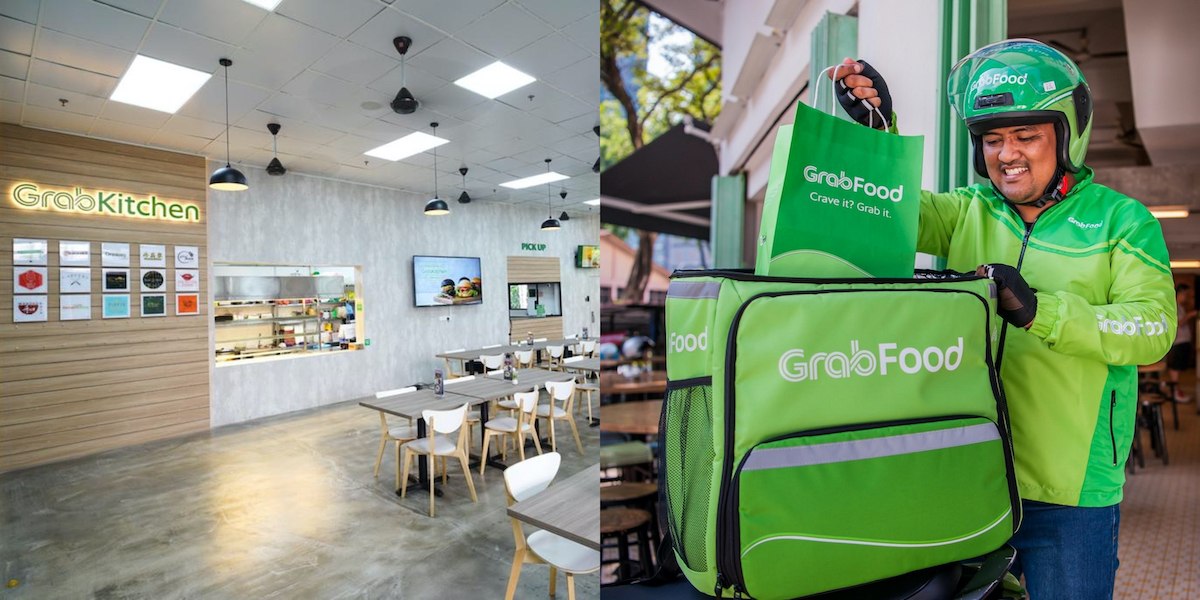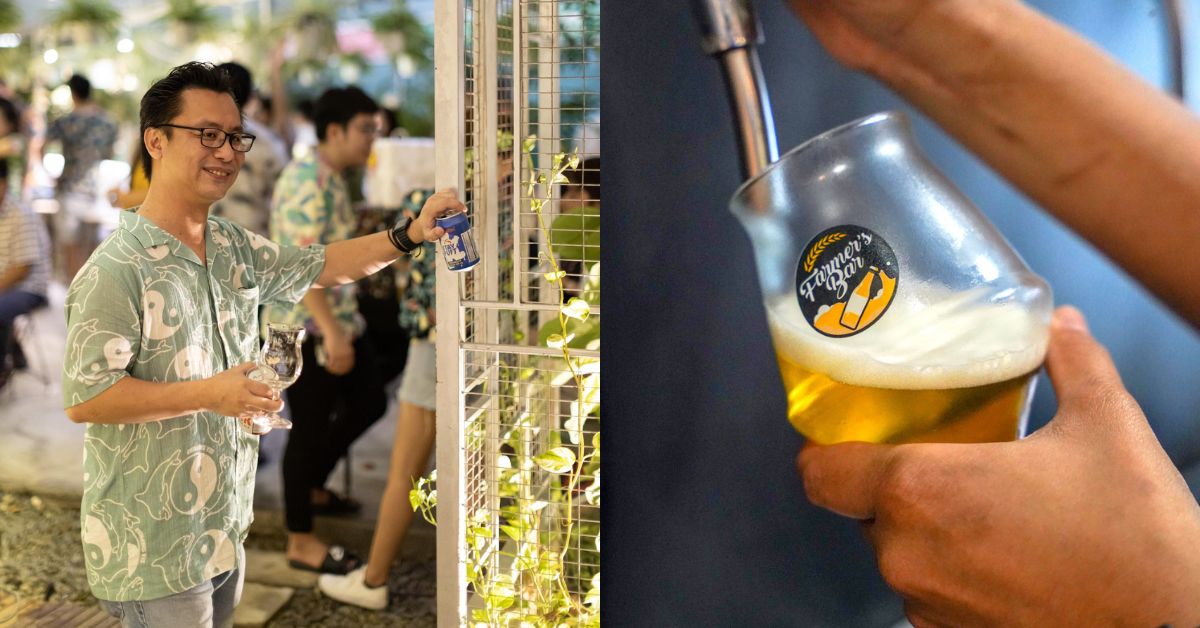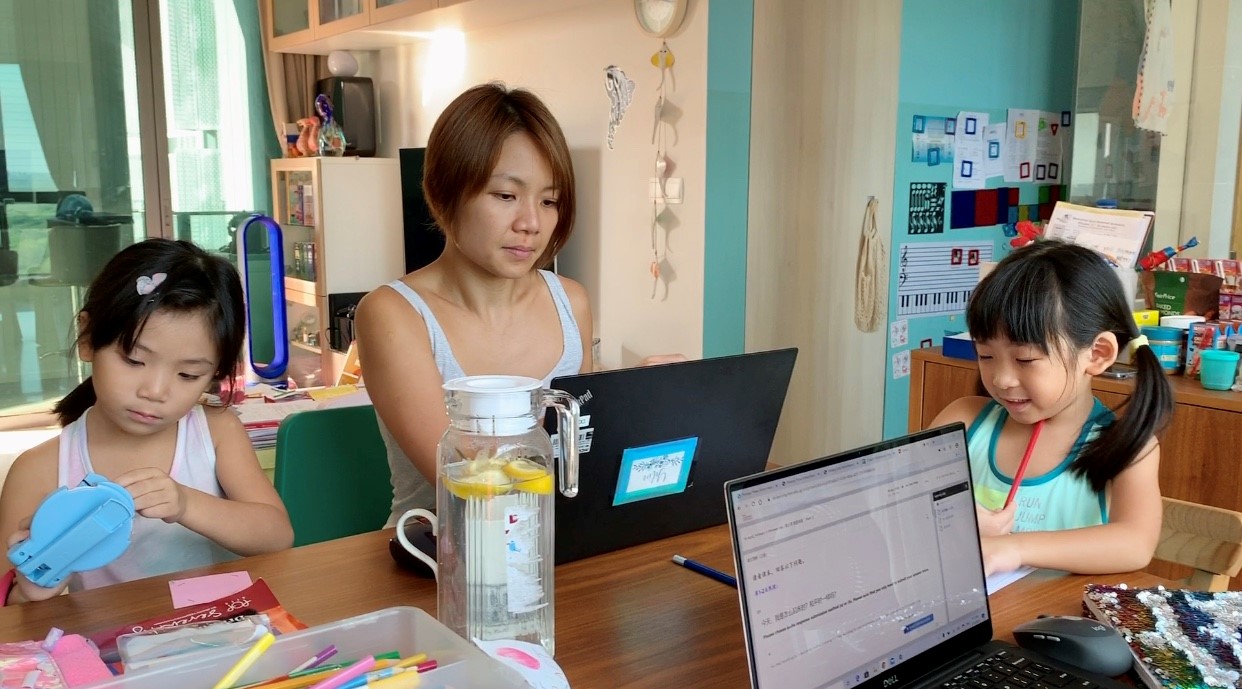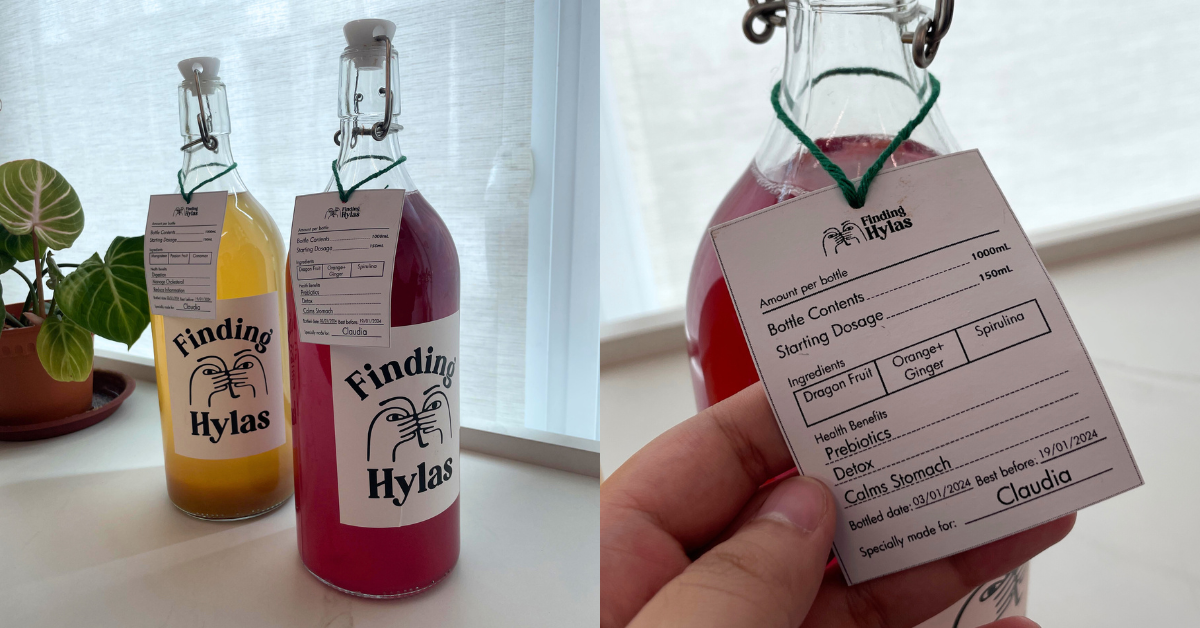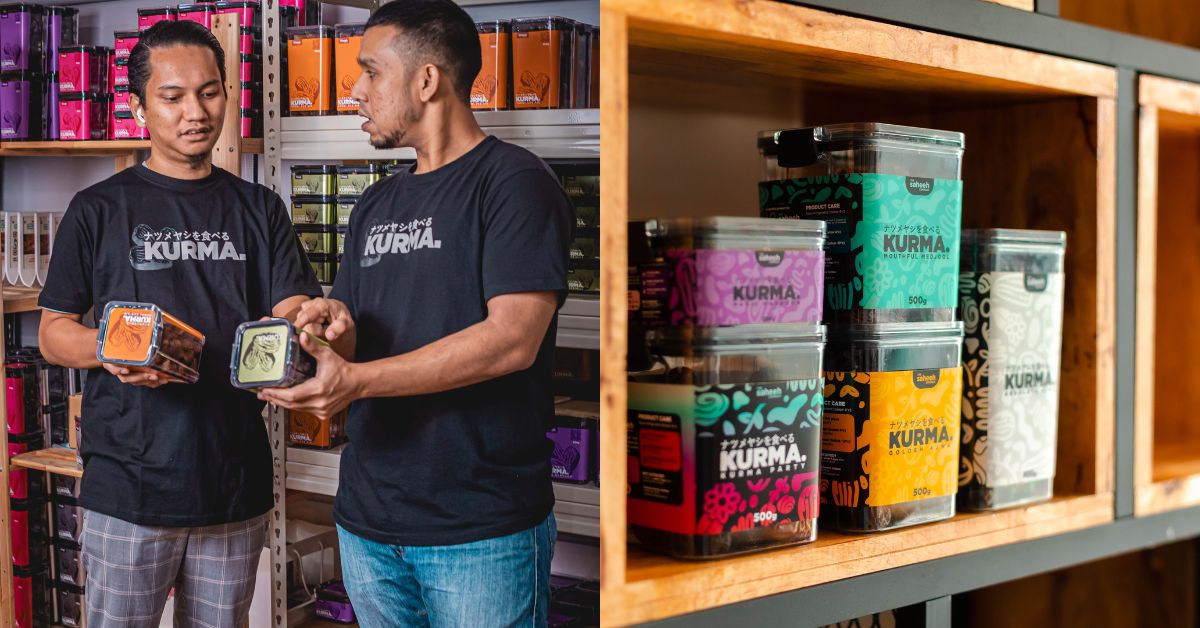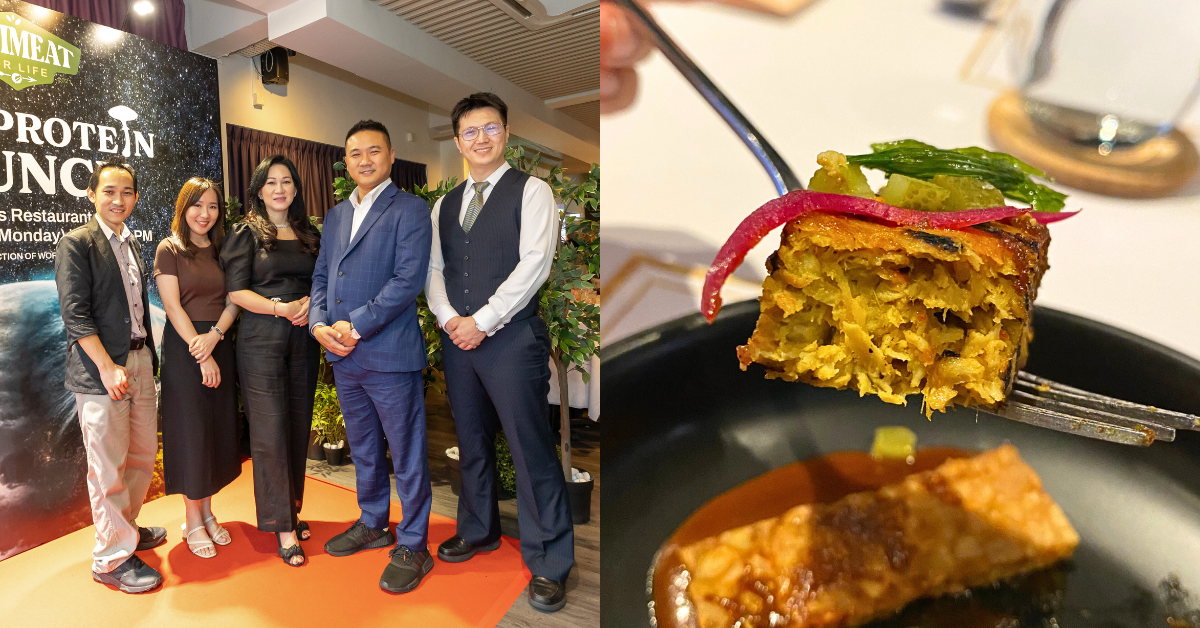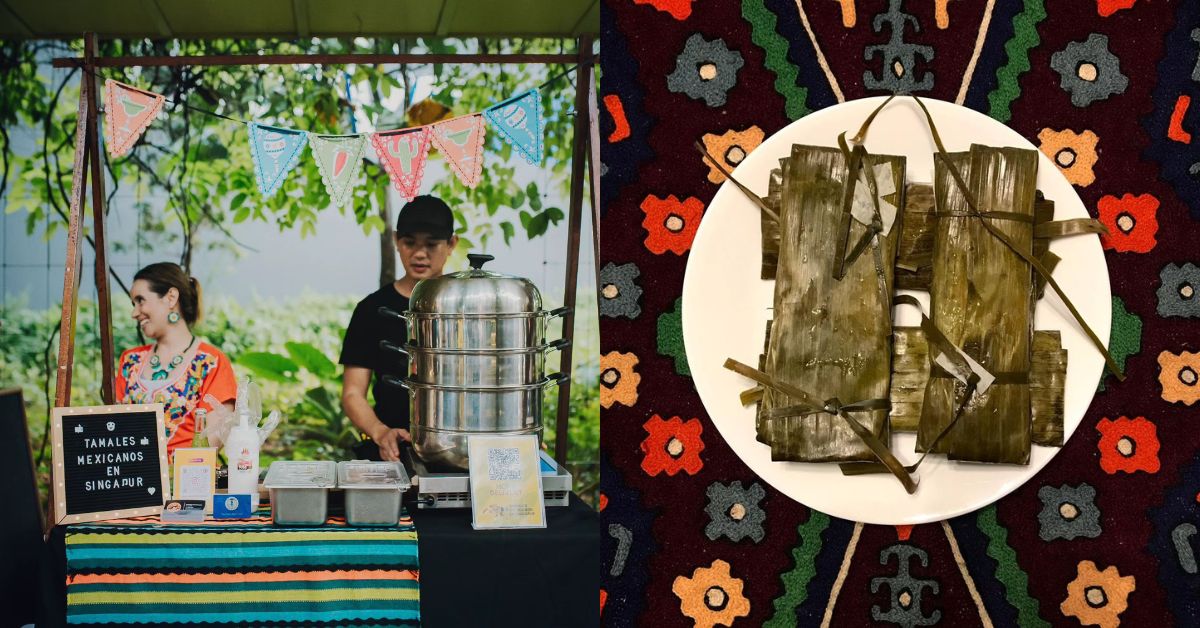There’s been a lot of buzz in the media about cloud kitchens lately.
Whether it’s Jollibee’s first cloud kitchen in Singapore or Tiffinlab’s 1000-unit global expansion, cloud kitchens are being touted as the next big thing in the evolution of the food delivery game.
Singaporeans are reported to spend upwards of S$500 million per year on online food orders, which is five to 10 times more than markets like Indonesia and Vietnam.
The growth spike in the soon-to-be US$200 billion (S$274 billion) food delivery industry is attracting both startups and conglomerates like flies. Even companies like Amazon have invested over US$575 million in Deliveroo.
However, the cloud kitchen industry may soon go toe-to-toe with food delivery apps. With a monopoly over local markets, cloud kitchens will find it difficult to survive without the access to the customer streams delivery apps own.
Cloud Kitchens, Explained
Cloud kitchens are F&B built-for-delivery. The draw of a cloud kitchen is that it cuts rental, labour and operating costs for F&B merchants.
Food can be produced at scale without the additional expenses needed to pay for infrastructure. Cloud kitchens develop their own virtual brands, lease commercial kitchens, and run delivery lines.

However, few opt to control end-to-end food production. Many cloud kitchens are divided into either one of two categories: kitchens which rely on partnerships with regional distributors, or distributors themselves.
This has created a conflict of interest among cloud kitchen competitors, and set delivery apps and standalone cloud kitchens against each other.
Delivery Apps Already Have Their Hands In The Cookie Jar
On 5 August, the Competition and Consumer Commission of Singapore (CCCS) released a statement confirming that Grab and Deliveroo refused to list eateries working with Smart City Kitchens in 2019.
Smart City Kitchens, a cloud kitchen startup established by Uber CEO Travis Kalanick in 2019, submitted the complaint in July last year.
While Deliveroo and Grab have since ceased their anti-competitive practice, there remains a clear conflict of interest between delivery apps and cloud kitchens.
The two food delivery giants have established a strong presence in Singapore’s online delivery market, and run cloud kitchens themselves.
These apps operate using the “virtual landlord” model: leasing out commercial and virtual spaces to participating F&B brands.
Grab Kitchen launched its first cloud kitchen with 10 F&Bs in January 2020, and has since expanded to over 50 cloud kitchens across four Southeast Asian countries in the region.

Similarly, Deliveroo is eyeing the cloud kitchen market, launching trial kitchens in London, France and Dubai — branded as “Deliveroo Editions.”
The app giant has launched three Deliveroo Food Markets in Singapore, “upgraded” Deliveroo Editions. Both a dine-in restaurant and cloud kitchen, the concept is equipped with self-serving cubbies and automated menus.
Cloud Kitchens Are Up Against Overwhelming Odds
These “virtual landlords” are impossible to ignore. Delivery apps have captured key markets and monopolise sales pipelines.
GrabFood was Singapore’s fastest-growing delivery service and Grab’s fastest-growing business unit in 2019. Growth in GrabFood orders reportedly grew 25 per cent month-on-month.
Deliveroo also reported that its revenue rose 70 per cent to S$44.5 million in 2019. In that same year, the app grew its rider base in Singapore to 6,300, and the number of participating restaurants to 4,500.
The numbers on user adoption are likely even higher now that Covid-19 has effectively catalysed the development of the food delivery industry.

As more cloud kitchens emerge, anti-competitive practices to shut them off from the food delivery market would effectively be a form of murder.
Although F&B merchants have the option to jump ship, that would curtail competition and lead to the closure of aspiring cloud kitchens.
Monopoly would open up avenues of abuse: without other players in the market to leash rental prices, “virtual landlords” can unethically raise the leases of their cloud kitchens.
The Next McDonalds?
Can delivery apps be leashed? CCCS’ probe may have been enough to rein Grab and Deliveroo in — for now.
However, Singapore’s market is tasty pickings. Home to an affluent, time-starved class, Singapore has an up to S$300 million total addressable market.
Delivery apps have also had a dubious relationship with their employees and partners. It wasn’t too long ago that Grab was accused of underpaying and overcharging its riders and restaurants.
It’s too early to tell whether cloud kitchens will become just another subsection on an app’s homepage.
It could go either one of two ways: cloud kitchens could pave the way for enterprising smaller-scale businesses, or become the next wave of mass-produced fast food controlled by a conglomerate.
Featured Image Credit: Grab
